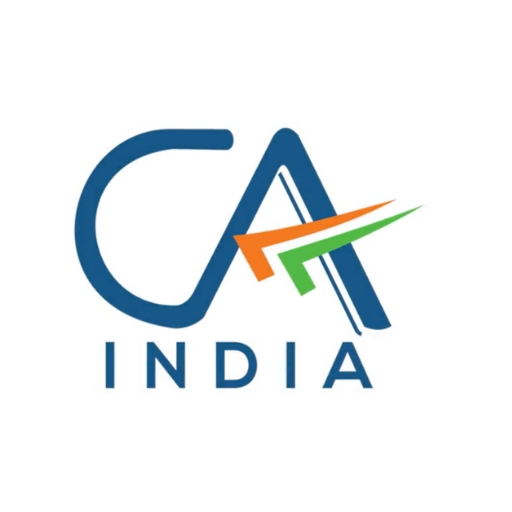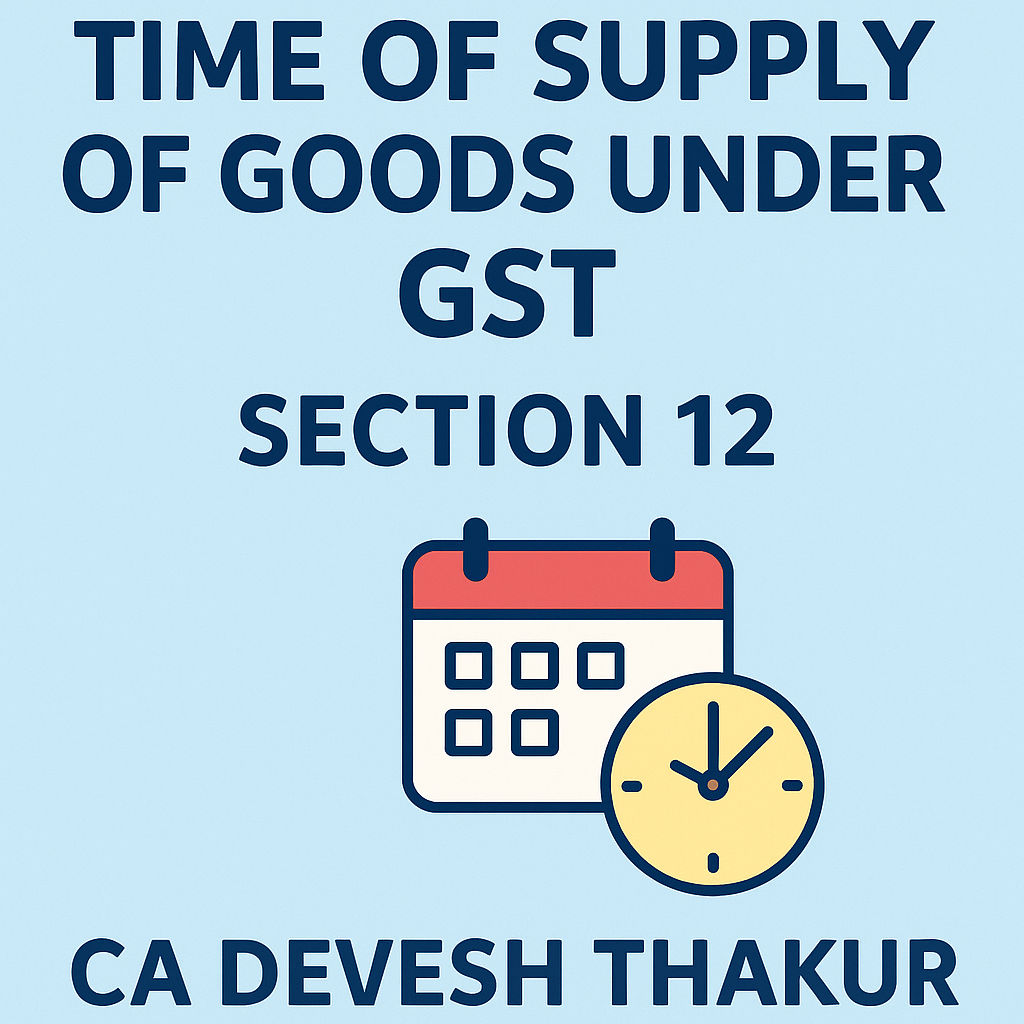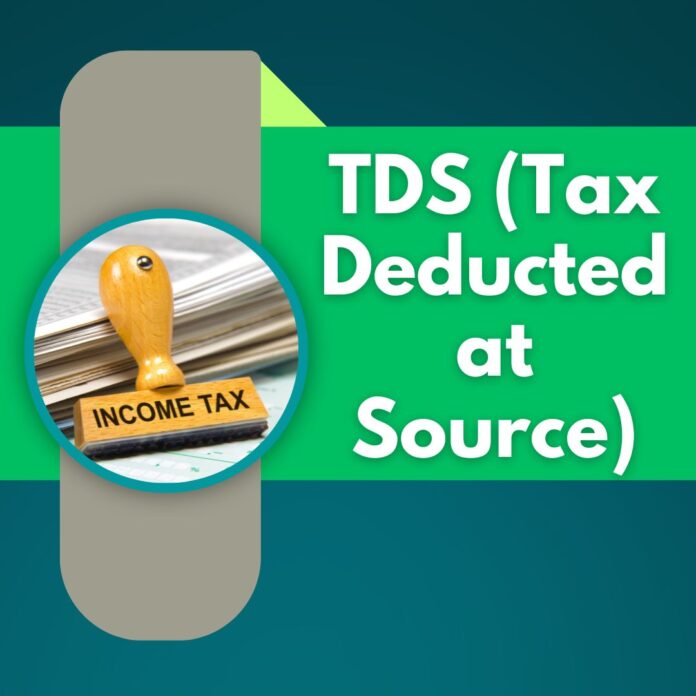Understanding Time of Supply of Goods under GST – Section 12 Explained
Author: CA Devesh Thakur
Category: GST Basics | 30 Days GST Challenge – Day 7
Get PDF notes
Introduction
In the Goods and Services Tax (GST) framework, determining the “time of supply” is crucial. It defines when the liability to pay GST arises. For the supply of goods, this is governed by Section 12 of the CGST Act, 2017.
This blog covers the key provisions under Section 12 in detail, including forward charge, reverse charge, vouchers, interest/penalty receipts, and more, with reference to relevant notifications and practical notes.
What is Time of Supply?
Time of supply refers to the point in time when goods or services are considered to be supplied, and consequently, the liability to pay tax arises.
Section 12(1) – General Rule
“The liability to pay tax on goods arises at the time of supply as determined under Section 12.”
Section 12(2) – Forward Charge Basis (Supplier Liable to Pay Tax)
When tax is paid on a forward charge basis, the time of supply is the earlier of:
- Date of invoice (or the last date on which it should have been issued as per Section 31)
- Date of receipt of payment
Time for Issuance of Invoice (Sec. 31):
| Scenario | Invoice to be Issued |
| Movement of goods involved | Before or at the time of removal |
| No movement | Before or at the time of delivery or availability |
Exception: No GST on Advance for Goods (Post 15.11.2017)
From 15th Nov 2017 (N. No. 66/2017-CT), suppliers of goods (excluding composition scheme taxpayers) need not pay tax on advances. Only invoice-based tax liability is applicable.
Applicable to:
- Turnover ≤ ₹1.5 crore in previous FY
- Newly registered persons expected to have turnover ≤ ₹1.5 crore
Notification 50/2023-CT (from 01.10.2023) – Reinforces that GST is payable on invoice date only, not advance, for most suppliers except specified actionable claims.
Section 12(3) – Reverse Charge Mechanism (RCM)
In case of reverse charge, the recipient is liable to pay tax. The time of supply is the earliest of:
- Date of receipt of goods
- Date of payment (entered in books or debited in account, whichever is earlier)
- 31st day from invoice date
Note:
If none of the above can be determined, the date of entry in the books of recipient is considered.
Section 12(4) – Supply of Vouchers
| Type of Voucher | Time of Supply |
| Identifiable with specific goods/services | Date of issue |
| Not identifiable | Date of redemption |
Section 12(5) – Residuary Cases
When time of supply cannot be determined under Sub-sections (2), (3), or (4):
| Case | Time of Supply |
| Return required to be filed | Due date of return |
| Tax paid before return | Date of tax payment |
Section 12(6) – Interest, Late Fee, or Penalty
If a supplier receives interest/penalty for delayed payment, the time of supply is:
Date of receipt of such additional amount
Additional Provisions & Explanations
Proviso (₹1,000 excess)
If the amount received is up to ₹1,000 more than the invoice, the supplier can choose the invoice date as the time of supply for the excess.
Explanation 1
Supply is deemed to have occurred to the extent it is covered by invoice/payment.
Explanation 2
“Date of receipt of payment” means earlier of:
- Entry in books
- Credit in bank account
Currently not relevant for suppliers paying GST on invoice basis (as per latest notifications).
Conclusion
Understanding the time of supply under Section 12 is essential for timely GST compliance and accurate tax calculation. Businesses must closely monitor invoice issuance and payment dates to avoid interest and penalties.
Whether you’re dealing with forward charge, reverse charge, or special transactions like vouchers or penalties—this guide helps you stay on top of GST obligations.




